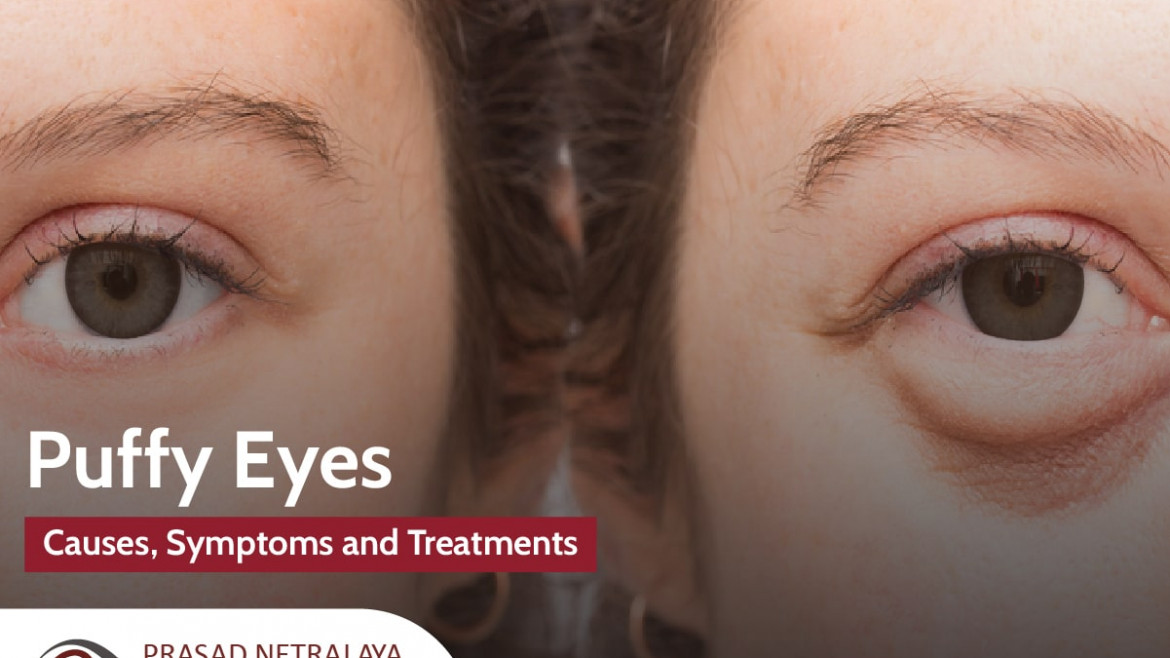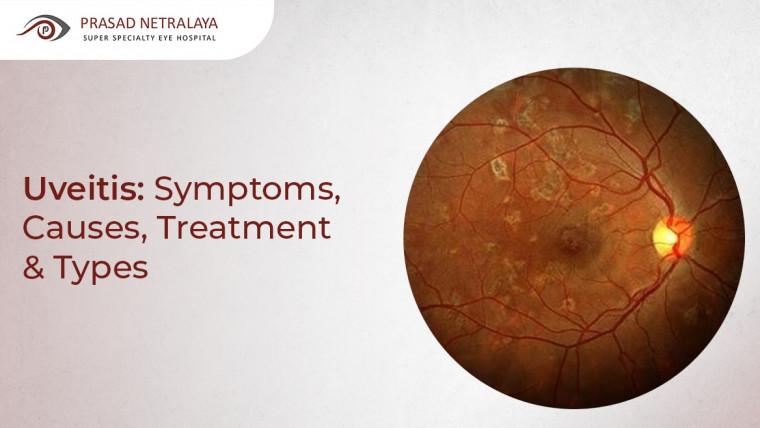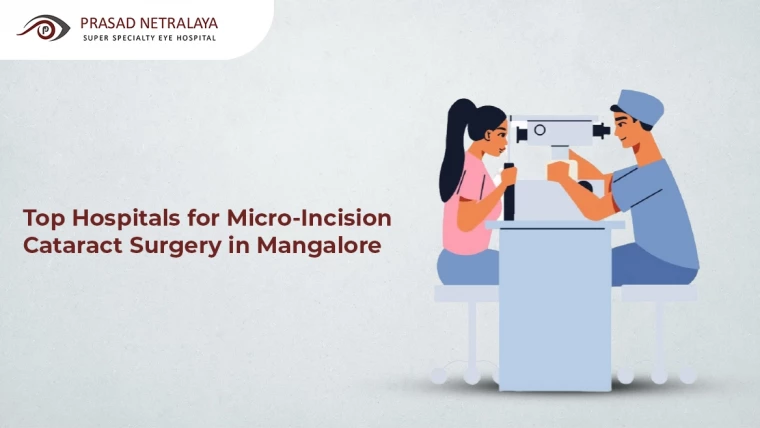Have you ever experienced a particularly stressful week at work and noticed eye puffiness or bags under your eyes from lack of sleep? This condition is called periorbital oedema/ periorbital puffiness.
Besides staying up late and finishing work, the causes of periorbital puffiness vary. In this blog, we’ll be going over the causes, symptoms and treatments for eye puffiness to better understand this condition.
Table of Contents
What is Periorbital Oedema?
Simply put, it’s puffy eyes. It occurs as a result of fluid buildup and inflammation in the tissues that surround your eye. Usually, the cause of this puffiness is not serious. It can happen from lack of sleep, crying, allergies, excessive salt intake, etc.
However, it can also be a symptom of a serious underlying condition. Some medical conditions that result in puffy eyes include thyroid disease, chagas disease, nephrotic syndrome, etc
So, how do you tell whether or not it’s serious? Most times puffy eyes resolve on their own when caused by natural or lifestyle factors. But if your puffy eyes develop over an extended period of time accompanied by the following symptoms it’s best to consult your doctor.
Symptoms of Periorbital Oedema
- Bulging of the eyeball
- Sensitivity to light
- Redness
- Excess tears
- Bruised appearance
- Itchiness
- Other facial swellings
How Is It Diagnosed?
Despite the fact that periorbital oedema is a common condition, pinpointing the cause can sometimes be challenging.
Your ophthalmologist will assess your condition by asking questions about your medical history, lifestyle and symptoms. Additional tests like skin biopsy, blood tests, allergy tests, and imaging tests (CT or MRI) may be recommended depending on your symptoms.
Treatments for Puffy Eyes
Finally, the major question. How can you get rid of the puffiness under your eyes?
Home remedies or over-the-counter medications can often assist to alleviate periorbital oedema symptoms.
If your periorbital oedema is caused by your diet, you would be recommended to stick to a low-salt, nutritious diet and drink lots of water. If allergies are the reason for your swollen eyes, a cold compress or antihistamines would usually be recommended. And if it’s caused by an infection, antibiotics would be a way to treat the swelling.
If it is caused by an underlying condition, you will need medication and therapies to treat the root factor that is causing the swelling in your eyes.
At the end of the day, swollen eyes are bothersome and uncomfortable. It might limit your capacity to go about your normal day. Hence, it’s always advisable to consult an eye doctor to diagnose and treat your periorbital puffiness. And if you’re looking for a reliable eye care clinic, look no further.
Our ophthalmologists at Prasad Netralaya in Mangalore and Udupi are specially trained to give you the best ophthalmic care. Call us at +91 9513596565 or book an appointment if you wish to visit in person. You can also book a teleconsultation if you’re hesitant to come to the clinic.
Dr. Vikram Jain, M.S. had his medical training (MBBS) from Kasturba Medical College, Mangalore, India. He did his master’s in Ophthalmic surgery from Kasturba Medical College, Manipal. He currently manages the Glaucoma department of Prasad Netralaya hospital.



